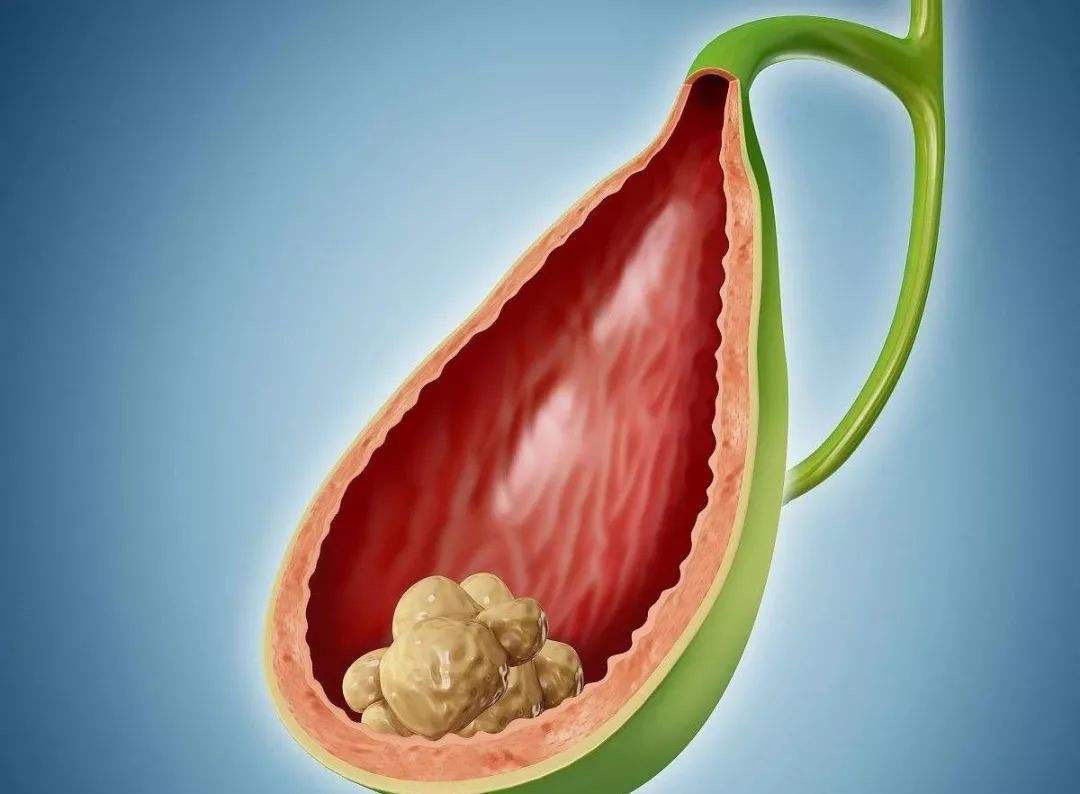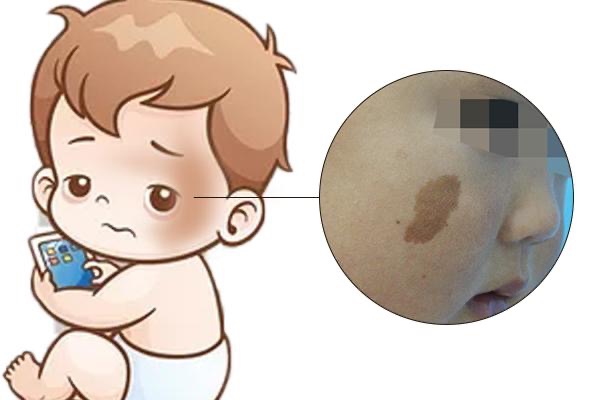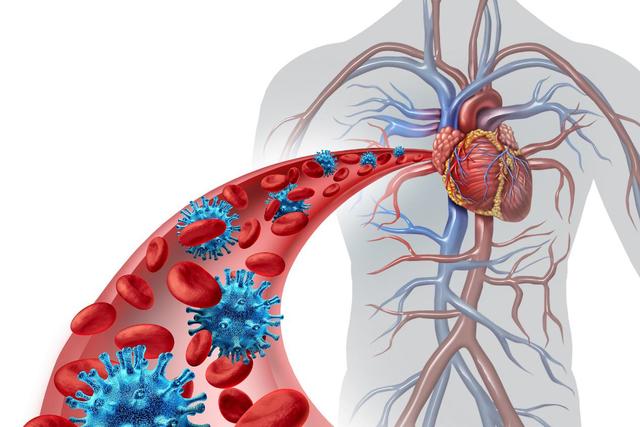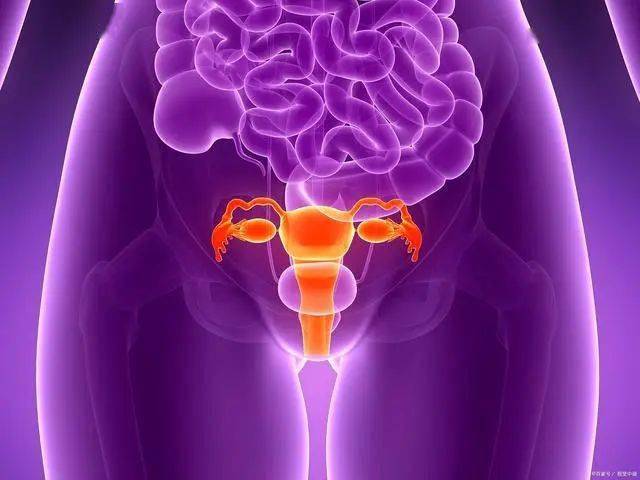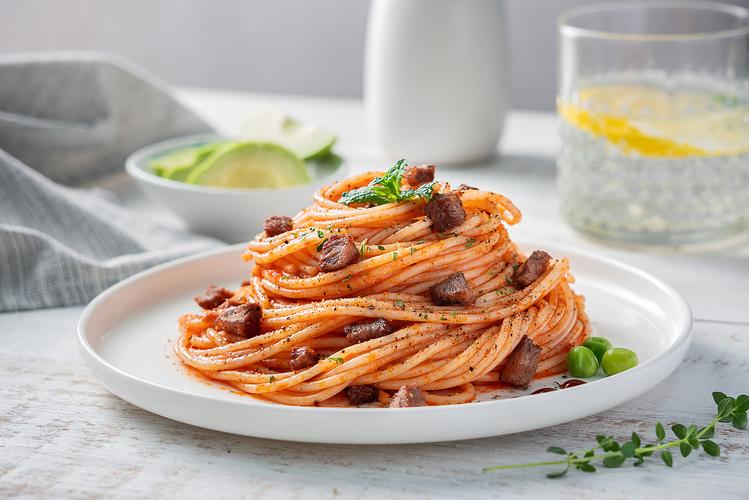When blood flows through your body, if it puts too much pressure on your blood vessels, it's called high blood pressure. Also known as hypertension, it's a common health problem, one that can increase your risk of heart problems, stroke and other bad things. But don't be afraid to reduce these risks with some simple ways.
What is high blood pressure? High blood pressure is a condition that feels like your blood is putting too much pressure on your blood vessels as it travels through your body, as if too much water is flowing through a hose. Simply put, high blood pressure is when the blood in your body has too much pressure in your blood vessels, which is bad for your health.
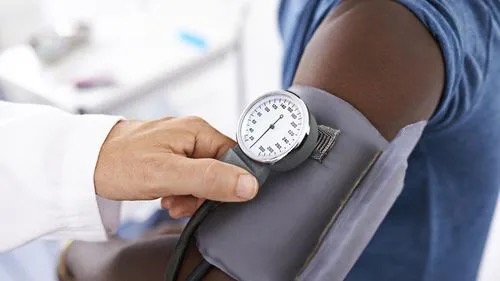
High blood pressure is sometimes called the "silent killer" because there are usually no visible symptoms and you don't feel sick. Don't worry about speculating if you are suffering from high blood pressure, you can measure your blood pressure every so often. Doctors usually look at your blood pressure in terms of two numbers: systolic blood pressure, which is the pressure on the blood vessels when the heart is contracting, and diastolic blood pressure, which is the pressure when the heart is relaxing. Normal blood pressure is usually below 120/80 mmHg, and if it is above this range, you may be at risk for high blood pressure.
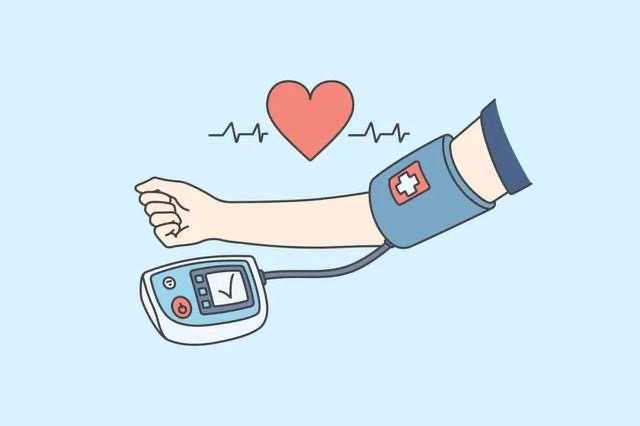
Hypertension is a disease that is related to our lifestyle and genes. First of all, hypertension is related to genetics, if you have a case of hypertension in your family you are more likely to develop it. Our diet is also important, consuming too much salt, high-cholesterol foods and lots of sugar may increase the risk of high blood pressure. Obesity is one of the risk factors for high blood pressure because excess weight requires the heart to work harder to pump blood. Not being physically active may also contribute to high blood pressure because exercise helps maintain normal blood pressure. Smoking and alcohol abuse are also detrimental to blood pressure control; they increase the risk of high blood pressure. Chronic stress may adversely affect blood pressure, so emotional health is also associated with high blood pressure.
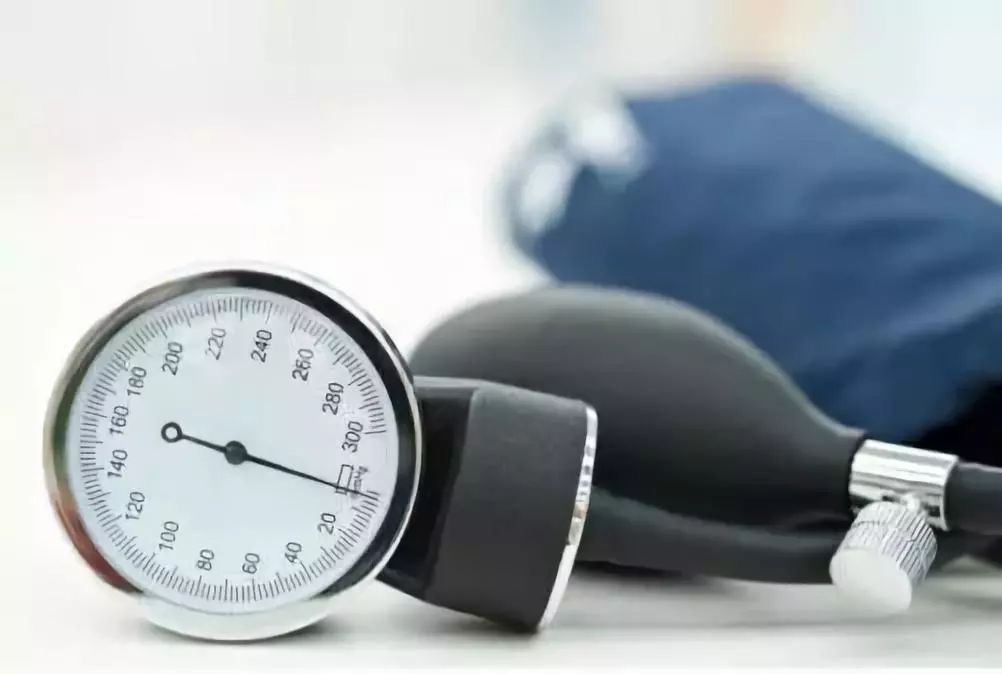
Fortunately, there are some simple things we can do to prevent and control high blood pressure, the main point being that we need to reduce our salt and sugar intake and eat more fruits, vegetables, whole grains and healthy fats. This helps to maintain blood pressure within the normal range. These initiatives are good for cardiovascular health and blood pressure. Learn to cope with stress by helping yourself relax through meditation, yoga and deep breathing exercises. Measure your blood pressure regularly and follow your doctor's recommendations. If your doctor diagnoses high blood pressure, follow the medication prescribed by your doctor and make sure you follow up regularly.
Most importantly, high blood pressure can be avoided and controlled. If you are concerned about high blood pressure or already have it, make sure you consult your doctor and they will provide you with advice and treatment that is right for you.
